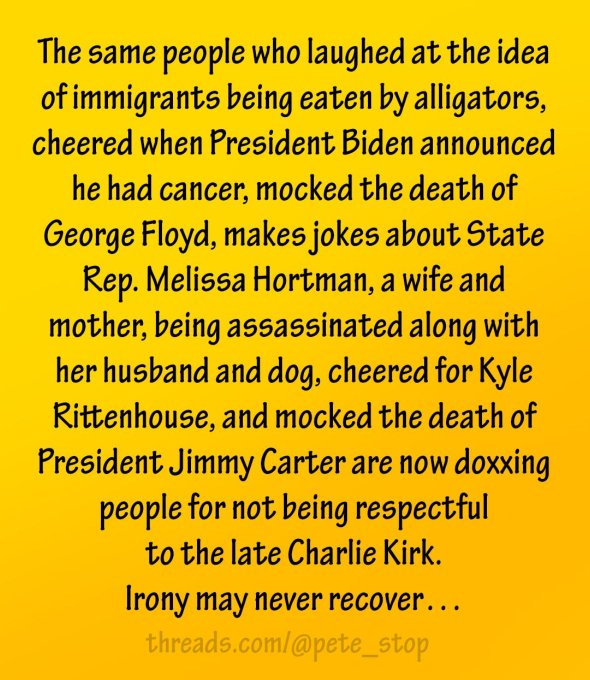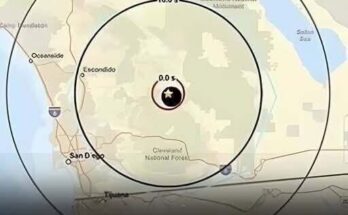According to multiple recent news reports, President Donald Trump has announced his intention to designate Antifa as a “major terrorist organization”. However, legal experts have noted there is no current mechanism for the U.S. government to officially label a domestic group as a terrorist organization.

Trump’s declaration
- On September 17, 2025, President Trump posted on Truth Social stating his intention to designate Antifa as a “major terrorist organization”.
- The announcement follows the murder of conservative activist Charlie Kirk and subsequent statements by Vice President J.D. Vance and Attorney General Pam Bondi linking the violence to “radical left” individuals and rhetoric.
- Trump previously made similar statements during his first term in 2020 amid racial justice protests.

Legal background and precedent
- Foreign vs. Domestic Designation: U.S. law, specifically the Immigration and Nationality Act, allows the Secretary of State to designate foreign groups as Foreign Terrorist Organizations (FTOs). There is no legal framework for designating domestic groups in the same manner.
- Congressional Debate: There have been repeated legislative efforts to create a domestic terrorism law. For example, during his first term, Trump also raised the possibility of designating Antifa as a terrorist organization, prompting a resolution in the Senate. A similar resolution was introduced in the House of Representatives in 2023.
- First Amendment Concerns: Legal experts, including former Justice Department officials, have raised concerns that designating a domestic group as a terrorist organization could violate First Amendment rights to free speech and association. The First Amendment allows for the formation of ideological groups; being a member of such a group is not a crime.
- Definition of Antifa: The FBI and other law enforcement agencies consider Antifa to be a decentralized movement or ideology rather than a formal organization with a hierarchical structure. The lack of a formal structure makes applying a terrorist designation difficult. The FBI does not investigate ideology, but rather investigates acts of violence.
Potential next steps
- While an official domestic terrorist designation appears legally impossible under current law, the administration could pursue other actions against individuals or loosely organized groups.
- This could include using existing counterterrorism statutes against individuals who commit acts of violence, or potentially pursuing new legislation aimed at expanding the government’s ability to target domestic groups.
- Some have suggested that Attorney General Pam Bondi could issue a memo classifying certain actions as domestic terrorism, though this would not have the same legal weight as a formal designation.
- Any attempts to expand existing terrorism laws or create new ones would likely be met with significant debate and legal challenges, raising questions about potential impacts on freedom of speech and political dissent.


